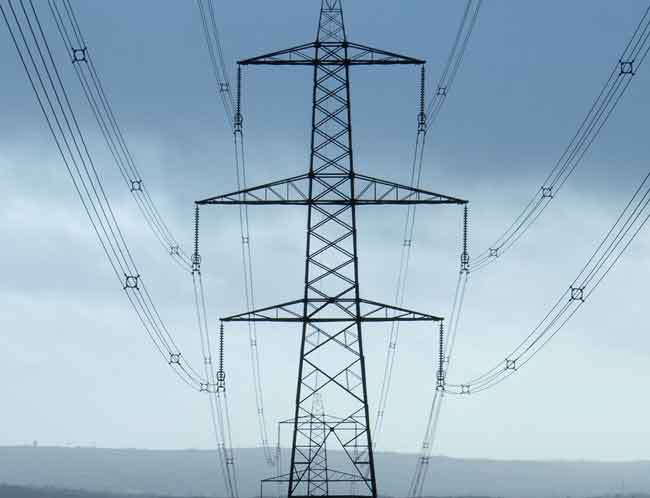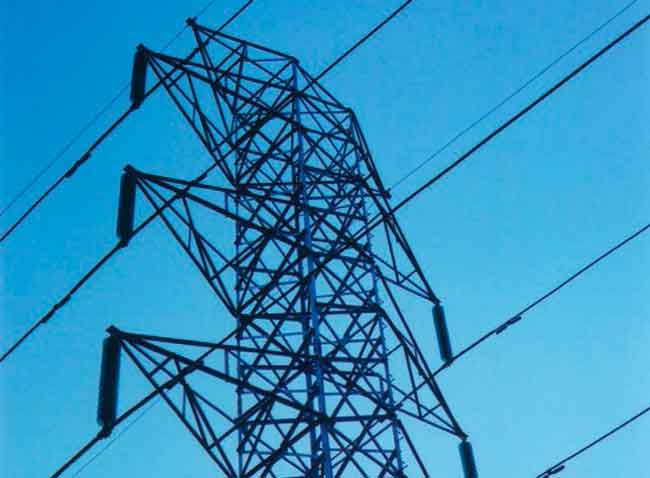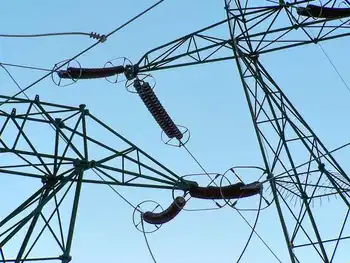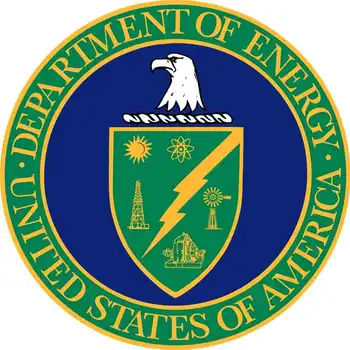Cascades to power paper plant with garbage
By CANADIAN PRESS
Protective Relay Training - Basic
Our customized live online or in‑person group training can be delivered to your staff at your location.

- Live Online
- 12 hours Instructor-led
- Group Training Available
Intersan, a unit of Canadian Waste Services Inc., in turn owned by Houston-based Waste Management Inc., will provide the methane from its bioreactor project at the Sainte-Sophie landfill north of Montreal.
Gaz Metro LP, Quebec's leading natural gas distributor, will transport the gas 13 kilometres through a new $8-million underground pipeline to the Cascades fine paper plant in Saint-Jerome.
Cascades will invest $2 million to convert its plant to run on the gas, and based on expected savings "plans a short return on its investment."
Subject to approval by the Regie de l'energie du Quebec, supply from Intersan is to begin by the end of 2004. The arrangement is forecast to meet a large part of the Saint-Jerome plant's energy requirements for the next 10 years.
"While offering the advantage of lowering our production costs, this unique project also translates into enormous environmental gains," stated Denis Jean, president of the Cascades fine paper division.
The Sainte-Sophie landfill, owned by Waste Management, receives a million tonnes a year of municipal trash from the North Shore and city of Laval.
Intersan vice-president Hubert Bourque said the bioreactor complex, which costs about $10 million, produces 1.2 billion cubic feet a year of landfill gas -- half methane and half carbon dioxide.
Cascades is the first commercial client for the three-year-old project, which recirculates leachate — garbage juice — through the landfill waste, speeding decomposition and the generation of methane which is collected by an array of pipes.
Until now, the gas has been flared off.
Cascades will keep its conventional gas connection, but indicated the landfill gas could fill 85 to 90 per cent of the plant's needs.
"Our site is a genuine gas deposit that offers a useful, clean and affordable source of energy," Intersan's Bourque said.
"Intersan is particularly proud to operate a facility that will actively help produce green energy and contribute to the success of a major local company."
The companies declined to specify the price of the landfill gas, but Bourque said it represents a "significant" saving over the cost of natural gas carried by pipeline from Western Canada.
For Gaz Metro, landfill gas holds out the prospect of new supplies.
"Well within our core business of distributing gas throughout Quebec, our involvement in this project is an assurance of efficiency, reliability and safety," said Gaz Metro vice-president Sophie Brochu.
"Landfill gas conversion is a large step towards sustainable development. Gaz Metro is proud to be associated with this project and is actively developing others."
Cascades division president Jean said the development "will demonstrate the energy potential and environmental advantages of landfill gas conversion."
The $2 million plant refit, largely to upgrade gas injectors but possibly to add a new boiler, is necessary because of the 50 per cent carbon dioxide content of the landfill gas, unlike natural gas which is almost pure methane.
The CO2 is not regarded as an additional greenhouse-gas pollutant, because it is generated naturally by the degradation of organic material.
Waste Management operates 69 similar landfill-gas plants in the United States, but the Sainte-Sophie site is its first in Canada.
Cascades, one of Canada's largest forestry companies with 14,100 employees and 2002 revenue of $3.4 billion, manufactures tissue, fine papers and, through its Norampac joint venture, cardboard packaging.











